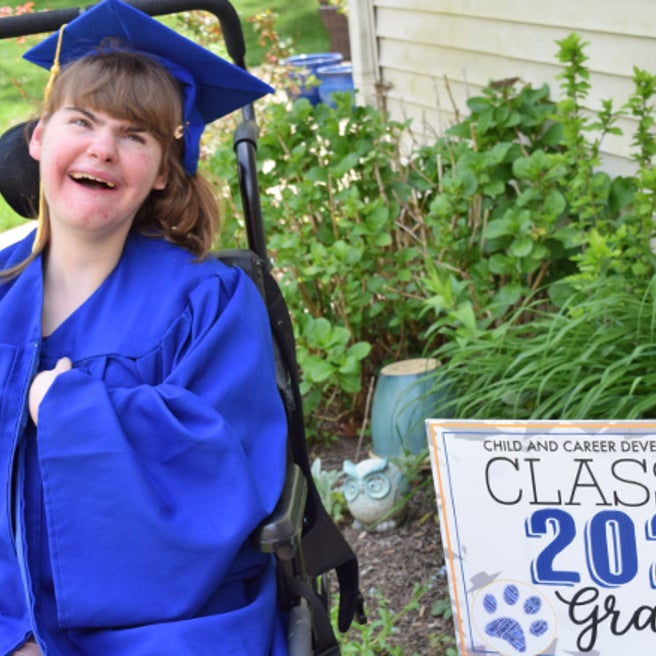Epilepsy Neurogenetics Initiative (ENGIN)
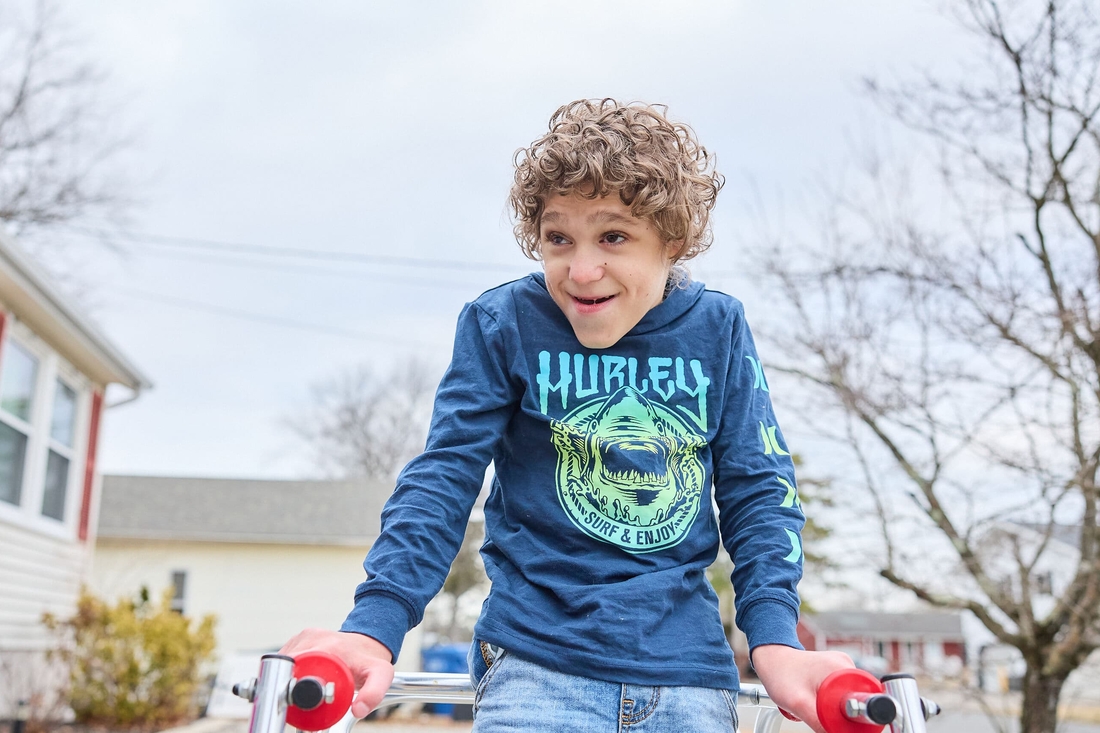
If your child has epilepsy that is difficult to treat or unexplained, we at Children's Hospital of Philadelphia (CHOP) understand how hard it is to search for answers while you continue to watch your child suffer from seizures. Our team of experts at the Epilepsy Neurogenetics Initiative (ENGIN) is here for you. We go the extra mile to find answers and understand the role genetics plays in causing or contributing to your child's epilepsy. Our goal is to help ease your child's suffering and empower you with solutions. We combine cutting-edge clinical care, advanced genetic testing and innovative research. We work to identify the genes causing your child’s epilepsy, develop an individualized approach to their care and help you cope with this challenging experience.
How we serve you
Your child's ENGIN team is made up of experts in clinical care and genetic testing. They are also pioneering research into the discovery of new genetic causes of epilepsy and developing gene-specific therapies to benefit children around the world.
Conditions we treat
The Epilepsy Neurogenetics Initiative (ENGIN) at Children’s Hospital of Philadelphia evaluates and cares for children with difficult-to-treat or unexplained epilepsies, genetic epilepsy syndromes and other genetic neurodevelopmental disorders. Conditions we treat include the following.
-
Epilepsy -
CACNA1A-related disorders -
CDKL5 deficiency disorder -
DNM1-encephalopathy -
Dravet syndrome - SCN1A related epilepsies
- GABA receptor-related epilepsies (GABRA1, GABRB3)
-
GABRG2-related disorders -
GRIN1 -
GRIN2A -
GRIN2B -
GRIN2D - IQSEC2-related disorders
- KCNA2-related disorders
-
KCNB1-related disorders -
KCNC1-related disorders -
KCNT1-related epilepsies -
KCNQ2-related epilepsies - Myoclonic epilepsy and ataxia due to KCNC1 mutation (MEAK)
-
PCDH19-epilepsy - PRRT2-related disorders
-
SCN2A-related disorders -
SCN3A-neurodevelopmental disorder -
SCN8A-epilepsy -
SLC6A1-related disorders -
STXBP1-related disorders -
SYNGAP1-related disorders -
TBCK syndrome - Tuberous sclerosis (TSC1, TSC2)
- Developmental and epileptic encephalopathies (DEEs)
- Epileptic encephalopathy with electrical status epilepticus in sleep (ESES)
- Epilepsy of infancy with migrating focal seizures
- Epilepsy with myoclonic-atonic seizures (also known as Doose syndrome or myoclonic-atonic epilepsy)
- Landau-Kleffner syndrome
-
Lennox-Gastaut syndrome - Ohtahara syndrome
-
West syndrome/infantile spasms -
Focal epilepsy - Childhood epilepsy with centrotemporal spikes (also called benign rolandic epilepsy)
- Childhood occipital epilepsy
- Frontal lobe epilepsy
- Panayiotopoulos syndrome
- Temporal lobe epilepsy
- Genetic/idiopathic generalized epilepsy
- Childhood absence epilepsy
- Epilepsy with generalized tonic-clonic seizures alone
- Juvenile absence epilepsy
- Juvenile myoclonic epilepsy
- Jeavon’s syndrome (also known as epilepsy with eyelid myoclonias)
-
Febrile seizures - Progressive myoclonus epilepsies
- Unverricht-Lundborg disease
- Lafora disease
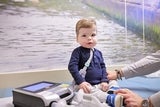
Why Choose ENGIN
ENGIN is a special program within CHOP's Neuroscience Center that helps kids with epilepsy. We are experts at understanding the causes of epilepsy. We offer special tests and treatments. We are improving care.
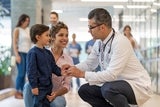
Meet your team
Our ENGIN clinic has one of the largest epilepsy neurogenetics teams in the world. Our team of experts includes pediatric neurologists, genetic counselors, and physical and occupational therapists.

Our location
See the services we offer at our Philadelphia campus.

Our research
The Epilepsy Neurogenetics Initiative (ENGIN) is helping to find new reasons why people get epilepsy, learn more about the kinds of epilepsy that are caused by genes, improve diagnosis of epilepsy and create new treatments for genetic epilepsies.
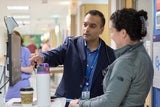
Resources for professionals
Everything you need to support your patient’s health, created and updated by our CHOP community of experts.
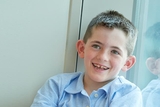
About your child’s appointment
At your child's first appointment, our team of experts will do a careful evaluation. Know what medical information to bring, such as test results or developmental evaluations, and what to expect at your appointment and after your visit.
Your donation changes lives
A gift of any size helps us make lifesaving breakthroughs for children everywhere.


